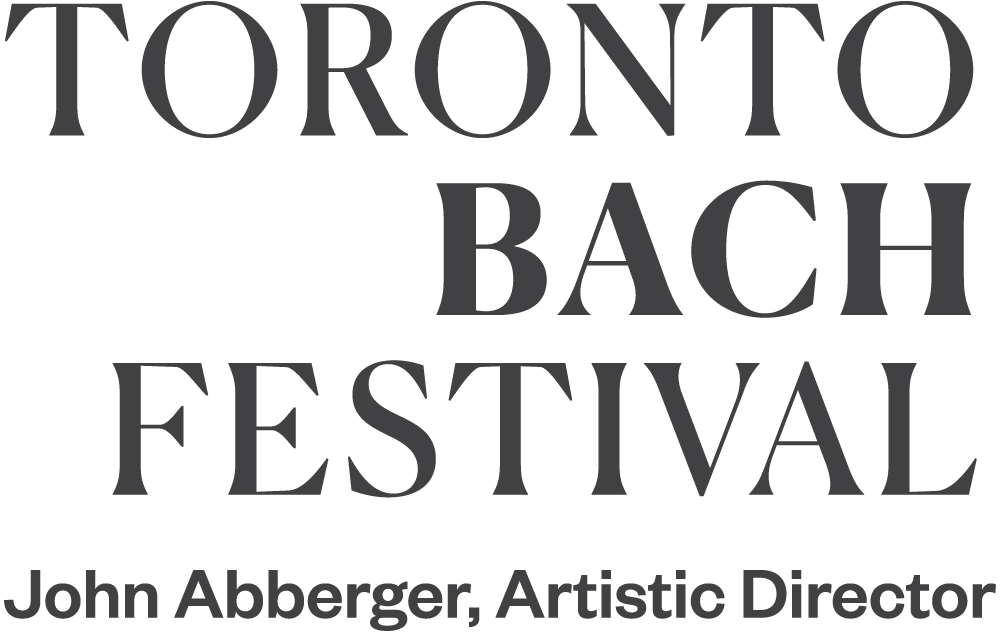Gates of Brass: Equity & Inclusion in Early Music
In my post announcing our online season, I wrote about what I feel is the universal appeal of Bach. As I wrote there, I truly believe that the creations of this musical giant, although wrapped, to be sure, in the cultural conventions of his time and place in history, nevertheless reach deep into a rich and boundless vein of humanity common to us all, and speak to each of us directly of the essential truths of the human experience. And I truly believe that this common vein of humanity runs deeply in all of us, and that it is able to overcome imposing barriers of cultural, and racial differences, as well as differences in religious beliefs.
The second event in our online season was a live discussion panel, eloquently titled by our moderator Natasha Gauthier as “The Gates of Brass.” You can watch the full panel here.
The title is a reference to Psalm 107, verse 16, which states “For He hath broken the gates of brass, and cut the bars of iron in sunder.” This speaks powerfully of overcoming barriers to participation and inclusion. And by making this reference in an Old Testament context, it forcefully conveys the sense that these barriers have existed far longer than anyone can remember, and represent, as such, a heavy burden to those that find themselves constrained by them.
The task before us, then, is (and always has been): how do we bridge these differences and bring down these barriers in our society? And how do we do this in the context of a music festival? How do we bring the transformational power of this music to our fellow humans everywhere, to create an opportunity to experience the common humanity that it expresses? This has always been the mission of the Toronto Bach Festival.
Like many of you, I have been deeply moved by the recent outpouring of grievance that we have witnessed recently, as events in Canada, the United States and around the world have reminded us of the many structural barriers that continue to exist in our society for people of colour. And in the course of reading about these events and working to understand the issues that have been placed before us, I have been helpfully reminded that good intentions do not prevent misguided practices. I am particularly struck by a recent piece contributed to the New York Times by Benjamin Y. Fong, “Teaching Racial Justice Isn’t Racial Justice.” While Mr. Fong’s comments focus on the university environment, I believe many of his comments can apply to our own situation. This passage seems particularly apropos:
“At best, an overriding focus on diversity and inclusion in the current paradigm teaches [us] that exclusionary attitudes and structures exist and that we can do our part by overcoming our individual biases, complacency and impingements on others. At worst it results in tokenism and a cynically deployed ‘cultural intelligence.'"
I believe that our core value of high quality historically informed performances allows the essential message of this music to shine through in the most unimpeded manner. It must be noted, however, that in this small corner of the music performance world there is a decided dearth of people of colour on our stages, in our audiences, and in our administrations. I have long had an innate aversion to tokenism. I believe that it does a great disservice to those on either side of the practice, and, as Mr. Fong points out, is often cynically deployed to “check the box” and move on without effecting real change.
There can be no doubt that this underrepresentation is a result of the existing barriers these groups have faced for many years. I believe we must see this underrepresentation as a call to action, rather than a retreat into resignation.
The events of recent times have forcefully demonstrated to me that, to use a hackneyed but nevertheless truthful phrase, we must do better. And we can do better. It is essential that the Toronto Bach Festival embrace all people on our stage and at our concerts, and that we do everything we can to create an environment in which all people feel welcomed and comfortably able to participate in the concert experience. It is essential that our society at large see themselves reflected by the performers onstage. And certainly one of the most important ways we can contribute to tearing down the structural barriers that exist in this field is for us to enable the youth in our society to make a connection between their own lives and pursuits and those they see onstage as performing artists.
Righting historical wrongs is not something that can be solved quickly or easily. But by taking small but significant steps today, we can embark with confidence on the road to a better tomorrow.
